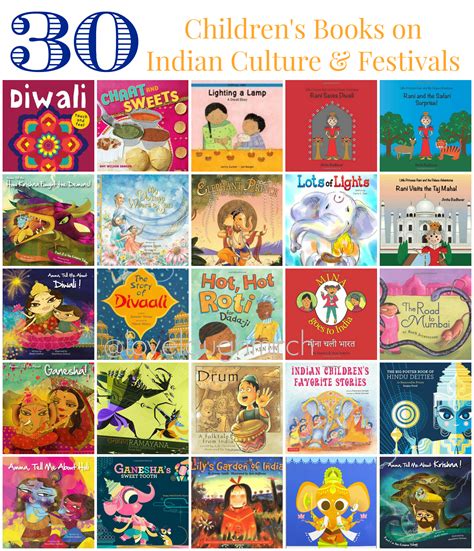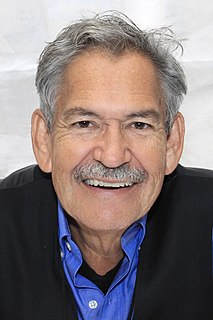A Quote by Evelyn Waugh
How ungenerously in later life we disclaim the virtuous moods of our youth, living in retrospect long, summer days of unreflecting dissipation.
Quote Topics
Related Quotes
Youth gives a sense of new days dawning bright, going on for ever, and a kind of tamped-down excitement which keeps breaking through even the worst days of poverty, depression and loneliness. But then youth is something which only exists in retrospect; you are barely conscious of it while you have it.
Crabbed age and youth cannot live together; Youth is full of pleasure, age is full of care; Youth like summer morn, age like winter weather; Youth like summer brave, age like winter bare. Youth is full sport, age's breath is short; Youth is nimble, age is lame; Youth is hot and bold, age is weak and cold; Youth is wild, age is tame. Age, I do abhor thee; youth, I do adore thee.
How we spend our days is, of course, how we spend our lives. What we do with this hour, and that one, is what we are doing. A schedule defends from chaos and whim. It is a net for catching days. It is a scaffolding on which a worker can stand and labor with both hands at sections of time. A schedule is a mock-up of reason and order—willed, faked, and so brought into being; it is a peace and a haven set into the wreck of time; it is a lifeboat on which you find yourself, decades later, still living.
The langour of Youth - how unique and quintessential it is! How quickly, how irrecoverably, lost! The zest, the generous affections, the illusions, the despair, all the traditional attributes of Youth - all save this come and go with us through life...These things are a part of life itself; but languor - the relaxation of yet unwearied sinews, the mind sequestered and self-regarding, the sun standing still in the heavens and the earth throbbing to our own pulse - that belongs to Youth alone and dies with it.
...Nameless, unknown to me as you were, I couldn't forget your voice!' 'For how long?' 'O - ever so long. Days and days.' 'Days and days! Only days and days? O, the heart of a man! Days and days!' 'But, my dear madam, I had not known you more than a day or two. It was not a full-blown love - it was the merest bud - red, fresh, vivid, but small. It was a colossal passion in embryo. It never returned.
Summer was here again. Summer, summer, summer. I loved and hated summers. Summers had a logic all their own and they always brought something out in me. Summer was supposed to be about freedom and youth and no school and possibilities and adventure and exploration. Summer was a book of hope. That's why I loved and hated summers. Because they made me want to believe.
I know I am but summer to your heart, And not the full four seasons of the year; And you must welcome from another part Such noble moods as are not mine, my dear. No gracious weight of golden fruits to sell Have I, nor any wise and wintry thing; And I have loved you all too long and well To carry still the high sweet breast of Spring. Wherefore I say: O love, as summer goes, I must be gone, steal forth with silent drums, That you may hail anew the bird and rose When I come back to you, as summer comes. Else will you seek, at some not distant time, Even your summer in another clime.


































